Camping is one of the best ways to connect with nature, but sometimes nature gets a little too up-close-and-personal. Whether it’s the curious raccoon or the daring bear, certain critters love to explore your campsite as much as you do. Understanding what animals might crash your outdoor party and how to handle them can mean the difference between a peaceful night under the stars and a wildlife-induced adventure you never signed up for. Let’s dive into the top 13 animals that might invade your campsite and learn how to keep them at bay.
1. Raccoons: The Masked Bandits
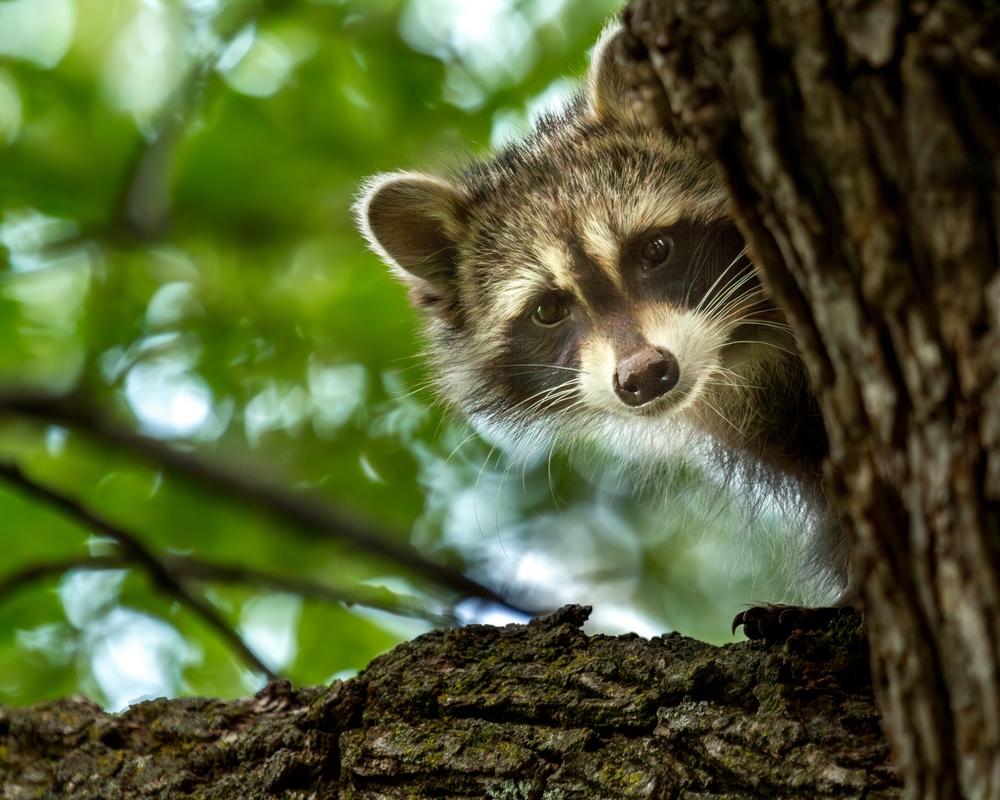
Raccoons are known as the “masked bandits” of the animal kingdom for a reason. These intelligent creatures are notorious for scavenging through campsites in search of food. Their nimble fingers can easily open coolers and bags, leaving a mess in their wake. According to the National Park Service, raccoons have learned to associate humans with easy access to food, which is why they often frequent campsites. To prevent raccoons from invading your site, make sure to store all food in airtight containers and use raccoon-proof trash bins. It’s also helpful to clean up any food scraps or crumbs around your campsite. Hanging your food in a bear bag can also deter these critters, as they often struggle to reach high places.
Another useful tip is to use a flashlight or camping lantern to keep your area well-lit, as raccoons prefer the cover of darkness for their heists. If you spot a raccoon nosing around your campsite, gently shoo it away without aggression. Remember, they’re just looking for food, not a fight. Keep your campfire burning low but consistent; the light and smoke can act as natural deterrents. Ultimately, the key to keeping raccoons at bay is ensuring there’s nothing in your campsite worth their while.
2. Bears: The Unwanted Picnic Guests
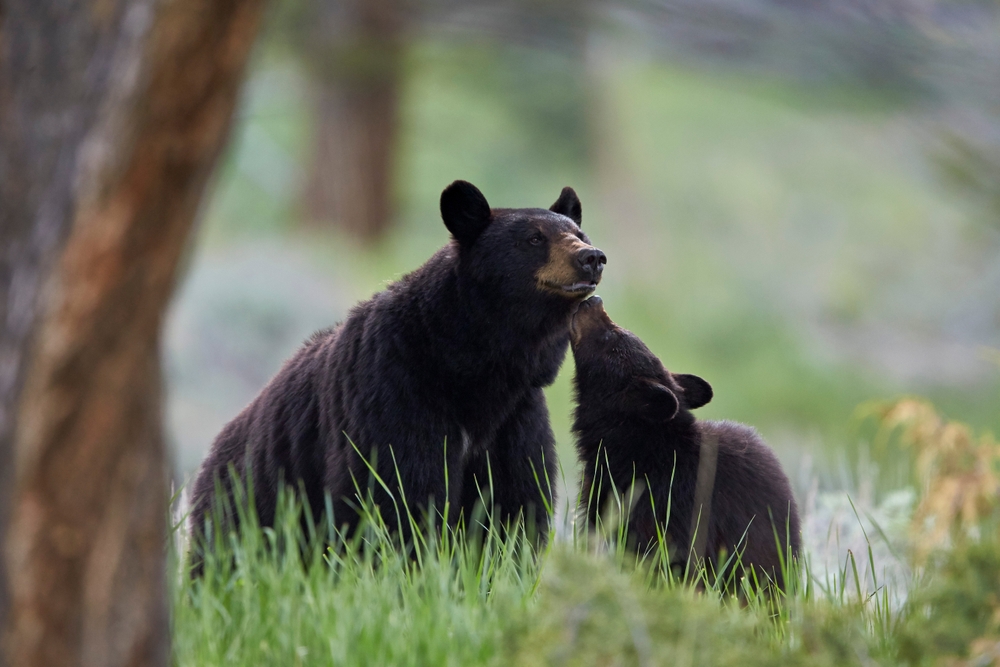
Bears are powerful and curious animals that can become problematic when they associate campsites with food. They have an extraordinary sense of smell and can detect food from miles away, making it crucial to handle food and trash properly. According to BearWise guidelines, storing food in bear-resistant containers or hanging it from a tree at least 10 feet off the ground and 6 feet from the tree trunk is essential. This prevents bears from accessing your food and encourages them to forage naturally instead. Additionally, cooking and eating at least 100 yards away from your sleeping area can help keep bears away from where you sleep.
When camping in bear country, always keep bear spray accessible, as it can be an effective deterrent. It’s also advisable to avoid bringing any scented items, such as lotions or deodorants, into your tent. If you do encounter a bear, stay calm and do not run; instead, back away slowly while speaking in a firm voice. Make yourself appear larger by raising your arms or standing on a rock or log. After all, prevention is the best strategy when it comes to bears, and keeping your campsite clean and scent-free is paramount.
3. Squirrels: The Snack Seekers
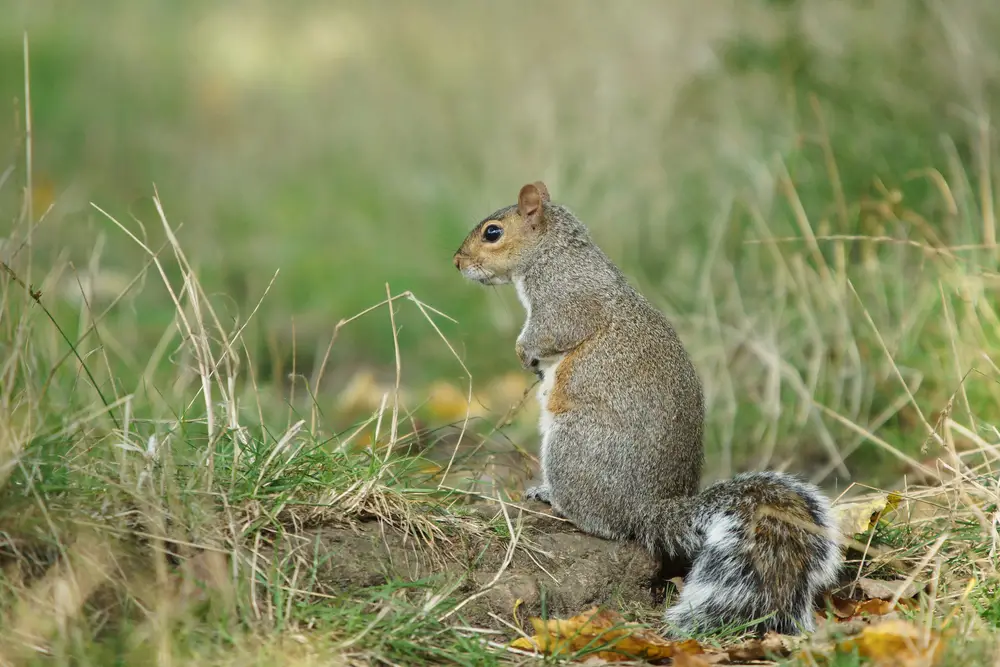
Squirrels might seem innocuous compared to larger wildlife, but they can be surprisingly persistent when it comes to finding food. These small but determined critters can chew through backpacks, containers, and even tents if they catch a whiff of snacks inside. To stop squirrels from making off with your trail mix, store all food in sealed plastic or metal containers and keep them closed when not in use. Be diligent about cleaning up crumbs and spilled food, as even small amounts can attract these bushy-tailed bandits.
One effective strategy is to set up a squirrel feeder away from your campsite, which can distract them from your food stores. When not in use, keep coolers latched and consider using bungee cords for added security. If you spot a squirrel attempting to infiltrate your food stash, a gentle clap or wave can often send them scurrying. Keeping your campsite tidy and unattractive to squirrels will not only protect your snacks but also help maintain a harmonious coexistence with these curious critters. Remember, while they’re cute, they’re also incredibly clever and persistent, so vigilance is key.
4. Skunks: The Unwanted Smelly Visitors
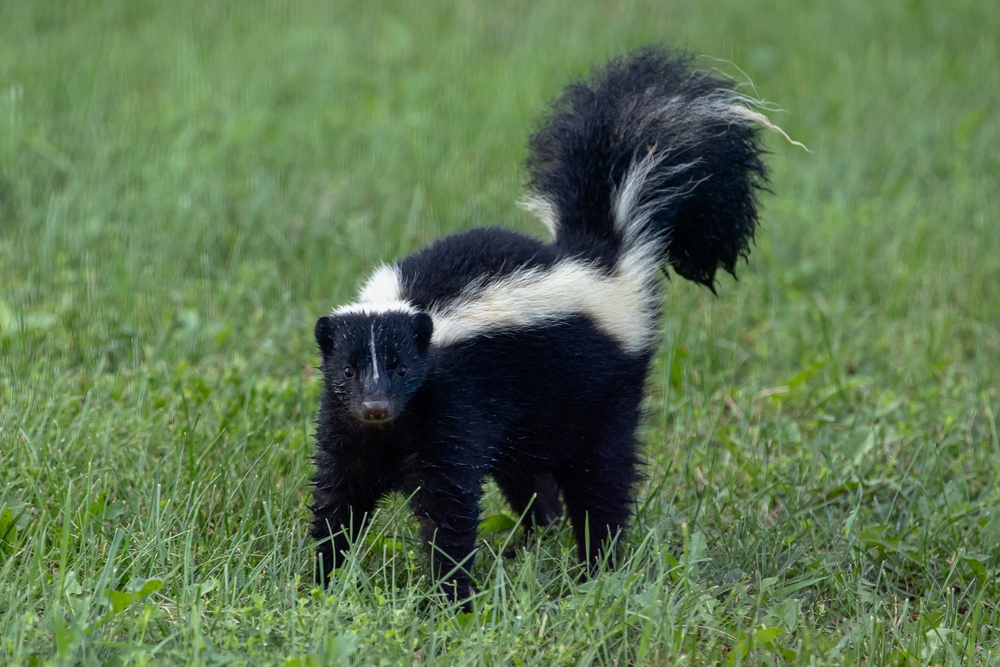
Skunks are perhaps best known for their ability to spray a foul-smelling liquid when threatened, and you definitely don’t want a campsite encounter with one. These nocturnal animals are generally harmless and shy, but they can be attracted to campsites by food smells. To avoid skunk visits, it’s crucial to store food securely and clean up any spilled food or trash immediately. Skunks are not great climbers, so hanging food out of reach can be effective. Additionally, keep your campsite well-lit, as skunks prefer darker areas.
If you do encounter a skunk, remain calm and avoid making sudden movements that could startle it. Slowly back away and give the skunk plenty of space to retreat. Never attempt to scare it away with loud noises or aggressive motions, as this can provoke a defensive spray. It’s also wise to check your tent and gear for any food odors before settling in for the night. By maintaining a clean and scent-free campsite, you’ll likely never have to worry about these smelly visitors.
5. Deer: The Unexpected Trespassers
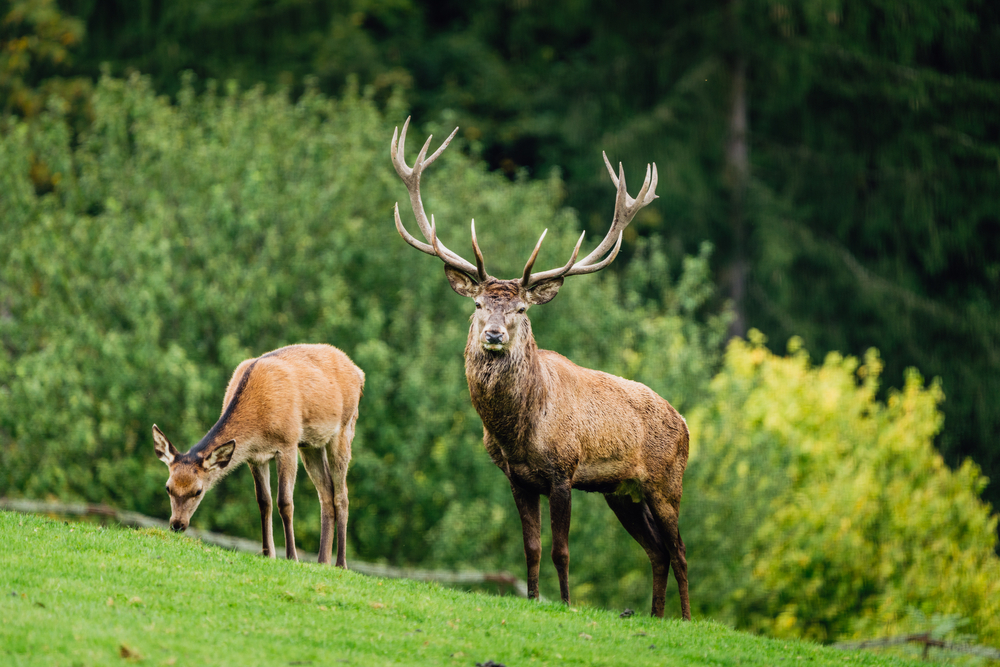
Deer might not seem like problematic visitors, but their curiosity can lead them right into your campsite. While generally harmless, deer can cause issues by munching on edible plants and leaving behind ticks. Keeping a safe distance from deer is crucial, as they can become aggressive if cornered or if they sense danger. To deter deer from entering your campsite, avoid using scented products and consider using deer-repellent sprays around the perimeter of your area.
Additionally, maintaining a tidy campsite with no food left out can discourage their visit. If a deer does wander too close, a gentle clap or wave can often be enough to send it on its way. Be sure to check for ticks after any close encounter with deer, as they can carry Lyme disease. Overall, while deer might be enchanting to watch from afar, it’s best to admire them without inviting them too close to your temporary outdoor home.
6. Mice: The Tiny Invaders
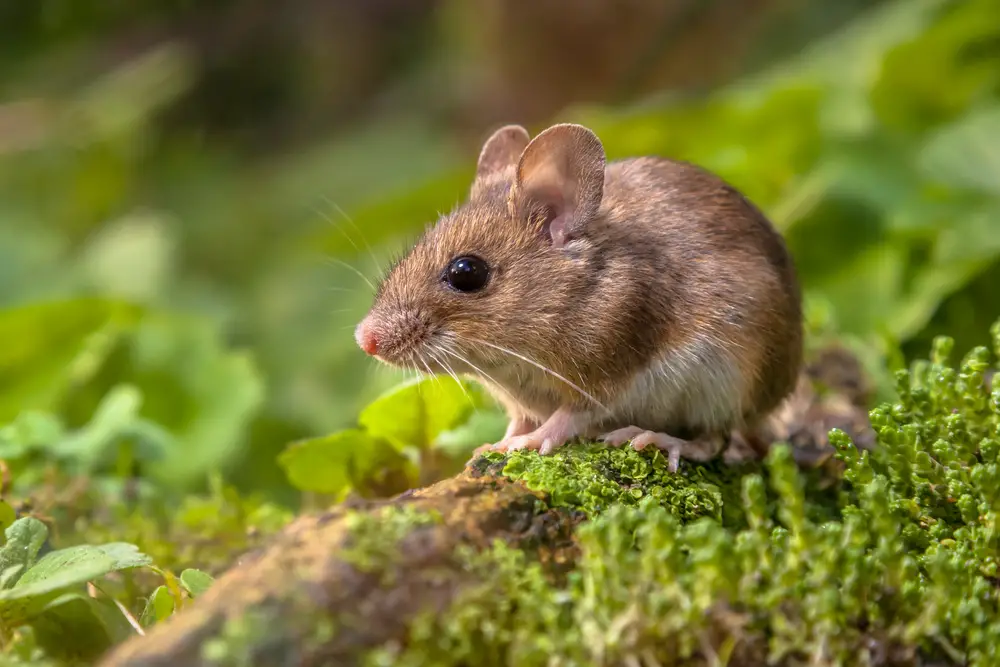
Mice may be small, but they can be a big nuisance when camping. These tiny creatures are adept at finding their way into food supplies, nibbling through bags and containers to get a meal. To prevent mice from invading your camp, store all food and trash in sealed containers and keep them off the ground. Consider using metal or hard plastic containers, as mice can easily chew through softer materials. Keeping a clean campsite by sweeping away crumbs and food particles will also help deter these little invaders.
Moreover, setting up camp away from dense brush and tall grass can help minimize the likelihood of mice habitation nearby. If you spot a mouse in your campsite, gently shoo it away and seal up any potential entry points to your food supply. Using peppermint oil around your campsite can also act as a natural deterrent, as mice dislike its strong scent. Ultimately, vigilance and cleanliness are your best defenses against these tiny trespassers, ensuring your snacks remain untouched and your tent uninvaded.
7. Coyotes: The Curious Canines

Coyotes are opportunistic animals that can be drawn to campsites by food and trash. While they are generally wary of humans, their natural curiosity can lead them to investigate your camping area. To keep coyotes at a safe distance, store all food in secure containers and dispose of trash promptly in a coyote-proof bin. Cooking and eating away from your sleeping area can also prevent these canines from associating your tent with food. At night, make noise around your campsite to signal that humans are present, as this will often discourage coyotes from approaching.
If you encounter a coyote, remain calm and make yourself appear larger by waving your arms or using a nearby object. Back away slowly while maintaining eye contact, but do not turn your back or run. If a coyote seems particularly bold, making loud noises or throwing small objects can often scare it away. Remember to keep pets on a leash and supervised at all times to prevent any unwanted interactions. By staying vigilant and maintaining a clean campsite, you can enjoy your camping trip without unwelcome visits from these curious creatures.
8. Ants: The Tireless Workers
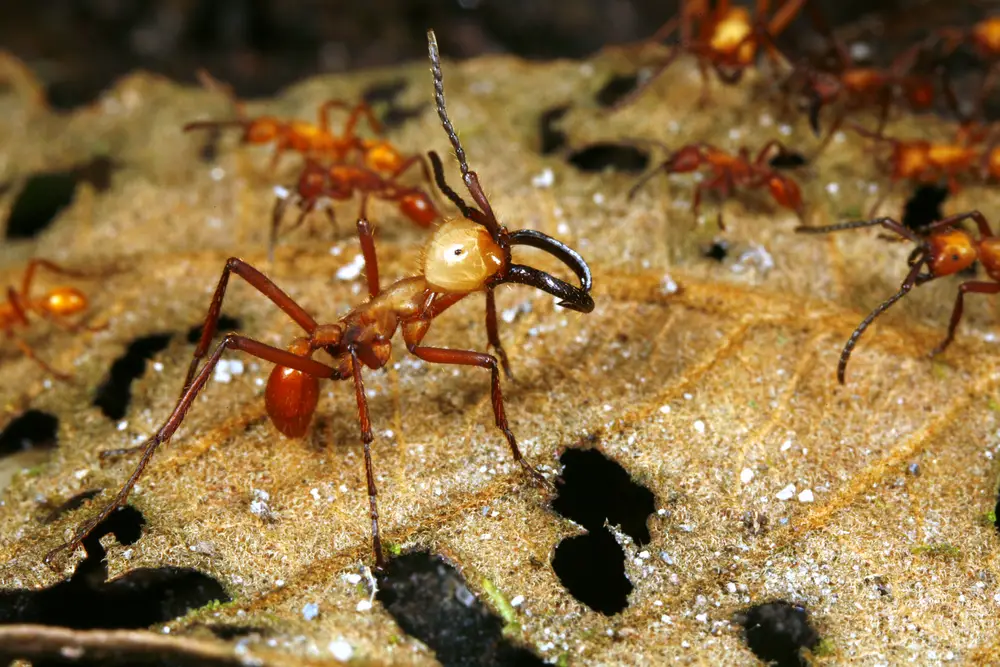
Ants might be small, but they can quickly become an overwhelming presence at your campsite if not managed properly. As tireless workers, they are constantly on the lookout for food, and a single crumb can lead to a trail of ants marching through your belongings. To prevent an ant invasion, keep all food sealed in airtight containers and be diligent about cleaning up spills and crumbs. Setting up camp away from ant hills can also reduce the likelihood of an infestation.
Using a circle of diatomaceous earth or drawing a chalk line around your campsite can act as a natural barrier to keep ants at bay. Additionally, avoid storing food on the ground and consider hanging it from a tree or a dedicated food
9. Snakes: The Silent Slitherers
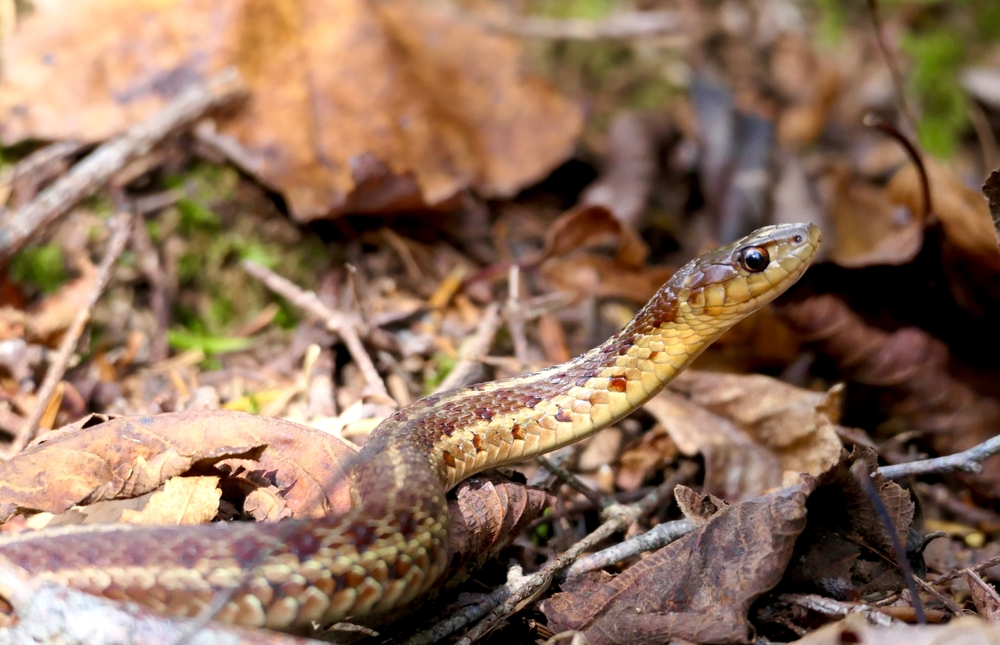
Snakes are often misunderstood creatures that generally wish to be left alone, but their presence can still be unsettling at a campsite. Most snakes are harmless and will avoid human interaction, but it’s important to be cautious in areas known for venomous species. To reduce the chance of an unexpected snake encounter, keep your campsite tidy and store shoes and clothing off the ground. Setting up camp away from tall grass, rock piles, and dense brush can also minimize the chance of snake encounters.
If you do spot a snake, maintain a safe distance and do not attempt to handle or provoke it. Instead, allow the snake to move away on its own, as most will retreat when given the chance. Wearing closed-toe shoes and long pants while walking through potential snake habitats can provide added protection. Educating yourself on the types of snakes in the area can help you identify which are dangerous and which are not. With a little knowledge and caution, you can avoid any unwanted snake encounters during your camping trip.
10. Birds: The Feathered Foodies
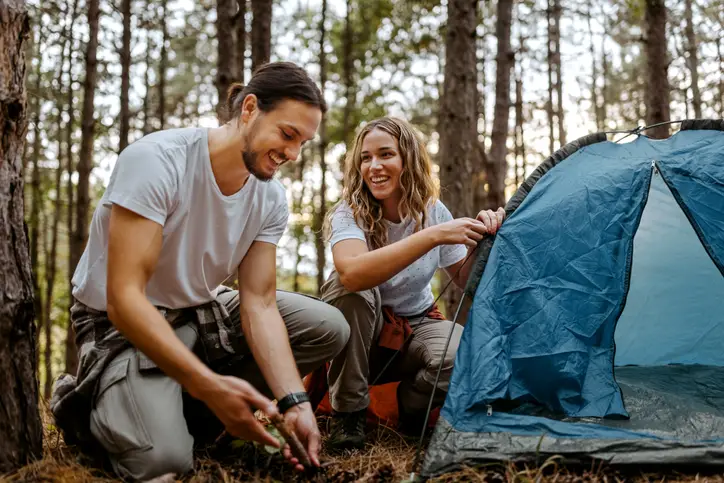
Birds might seem like charming campsite visitors, but they can become problematic when they swoop in for a snack. Many species of birds are attracted to human food and can become quite bold in their pursuit of an easy meal. To prevent birds from raiding your food supply, store all edibles in sealed containers and avoid leaving food out in the open. Hanging shiny objects or streamers around your campsite can deter birds, as they dislike the reflective light patterns.
Additionally, avoid feeding birds directly, as this can encourage them to return and become a nuisance. If birds are persistent, consider using a camping tarp to cover your eating area and food supplies. Clap or make noise to shoo birds away if they come too close, but do so gently to avoid harming them. With a little effort and awareness, you can enjoy your campsite without sharing your meals with these feathered foodies.
11. Foxes: The Crafty Campers
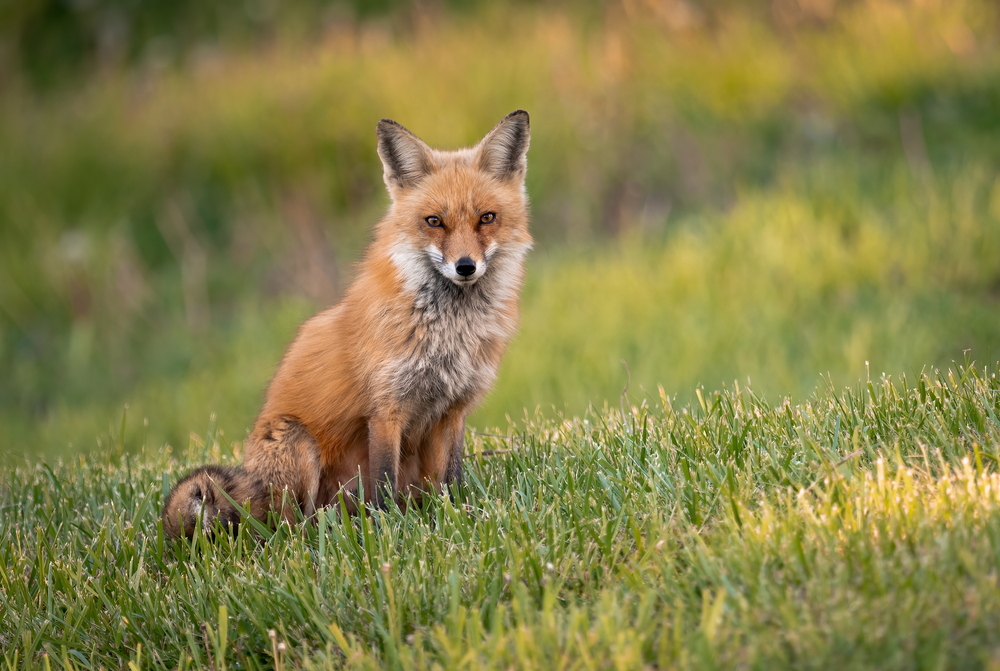
Foxes are clever and adaptable animals that can become curious about campsites, especially when food is involved. While generally shy of humans, they can be attracted by the smell of cooking or improperly stored food. To deter foxes from your campsite, ensure all food and trash are stored securely in sealed containers. Cooking and eating away from your sleeping area can help prevent foxes from associating your tent with food.
If you spot a fox near your campsite, make loud noises and wave your arms to encourage it to move on. Avoid leaving pet food outside, as this can attract foxes and other wildlife. Additionally, keeping your campsite clean and free of food scraps will help reduce the likelihood of a fox visit. By taking precautions and respecting these crafty creatures, you can enjoy a peaceful camping experience without unexpected visits from foxes.
12. Wild Turkeys: The Gobblers
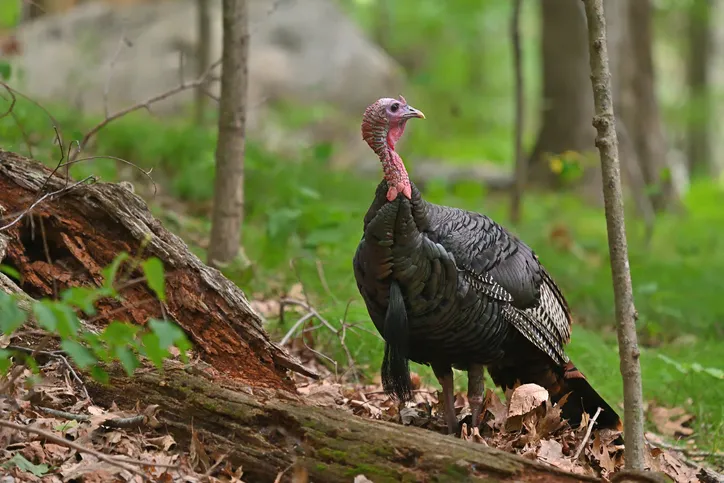
Wild turkeys might not be the first animals that come to mind when thinking of campsite invaders, but they can become a nuisance when they decide to forage around your tent. These large birds can be surprisingly bold and persistent in their search for food. To prevent wild turkeys from visiting your campsite, store all food securely and clean up any spills or crumbs. Hanging reflective objects or noise-making devices around your campsite can deter turkeys, as they dislike unfamiliar sights and sounds.
If wild turkeys do approach your campsite, making noise or clapping can often send them on their way. Avoid feeding them, as this will only encourage them to return. By maintaining a clean and orderly campsite, you can minimize the chances of attracting these big feathered gobblers. With a little preparation, you can enjoy the sights and sounds of nature without a turkey invasion.
13. Insects: The Buzzing Bother

Insects are an unavoidable part of the camping experience, but their presence can be managed to ensure a more comfortable trip. Mosquitoes, flies, and other bugs are attracted to food, sweat, and even certain colors, making them frequent campsite visitors. To reduce insect presence, use insect repellent and wear long sleeves and pants in the evenings when mosquitoes are most active. Setting up camp away from standing water and using citronella candles can also help keep bugs at bay.
Another effective strategy is to use a tent with a fine mesh screen to keep insects out while allowing fresh air in. Keep food sealed and avoid wearing heavily scented products that can attract bugs. If insects become overwhelming, using a portable bug zapper or electric fly swatter can provide relief. By taking these precautions, you can minimize the buzzing and biting and focus on enjoying your outdoor adventure.
